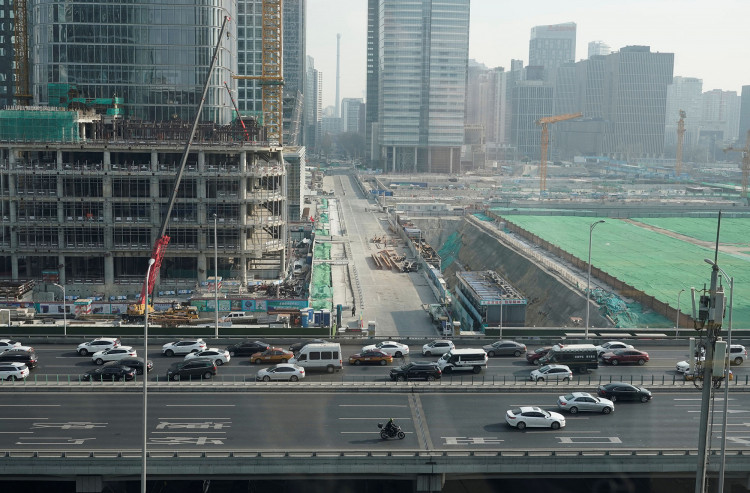China experienced a 6.8 percent contraction during the first quarter of 2020 on its gross domestic product (GDP) values. Experts claimed that the contraction was already anticipated since the country has been suffering from a slow GDP growth rate in recent years.
China's President Xi Jinping reopened China Inc. after the country endured lockdowns to contain the pandemic. As the country recovers from economic losses from the first quarter of this year, China experienced a 6.8 percent contraction from the period's GDP yields. Experts claimed that the decrease had been a 20-year expectation that even China's former most influential leader Mao Zedong could not command 1.4 billion people to increase their consumer spending.
The report claimed that China's economy would perform better if its citizens had more cash to deploy, and when export markets would jumpstart its growth. At present, the global economy is looking to Xi's success in implementing 14 trillion USD to jumpstart the economy.
It was said that the fund would boost demand for Chinese products from purchasers who were labeled as doubtful trade partners with the country such as Japan, Europe, and the US. The report then explained how China experienced losses in recent months.
It was noted that China was expected to lose from a synchronized global slump. Since the pandemic's global economic shock was rapid, harsh, and more overwhelming to others, China's imbalanced economy remained as a trusted and stable industrialized nation.
It was further discussed that China has pledged to minimize its exports and industries for over two decades. The country promised to shrink its state sector to lure private companies and strengthen its state governance. The government also ensured that the Chinese Communist Party would improve transparency and stop the former from meddling with the country's economy. Moreover, China also promised to ease restrictions imposed against foreign economies by allowing them to create well-paying jobs in the country.
It was further revealed that Beijing would need to loosen its fiscal policy by increasing tax incentives, offering more generous loan programs for small and medium-sized enterprises (SMEs), and provide additional assistance for its municipal governments. At present, the People's Bank of China has been more conservative in promoting liquidity to its credit markets. Furthermore, looser monetary policies have also been implemented post-pandemic.
In other news, Forbes reported that Beijing's imposition of counter-cyclical policies would help the Chinese economy recover from the adverse effects of the pandemic to the country's GDP and that such a move was already anticipated.
The report claimed that export rebate rates were extended to 1,000 products that would help exporters deal with decreasing demand. China also initiated new infrastructure projects in 25 provinces to increase demand for industrial production and employment.





